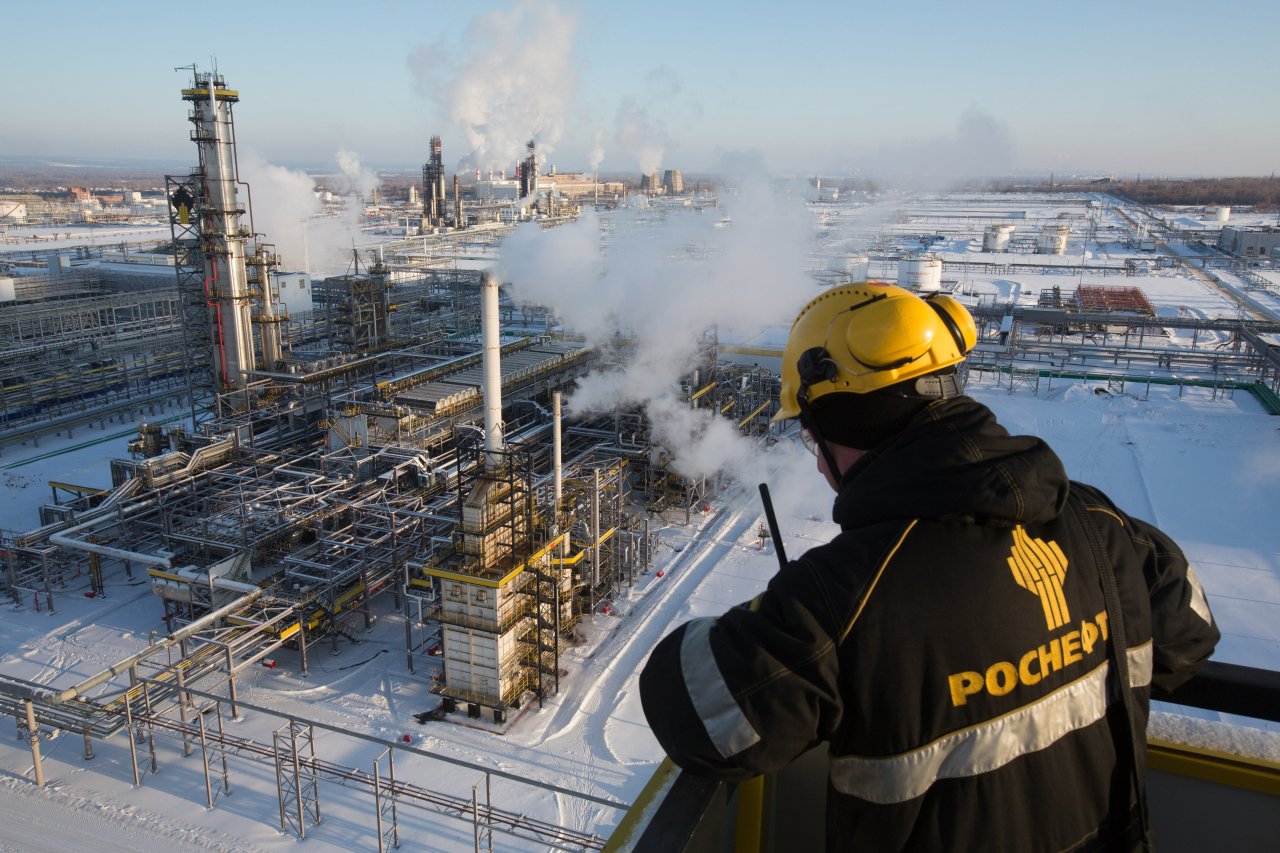
A TAXING DILEMMA
US Senate to vote on tax reform

Senate Republican leaders aim to hold a vote on tax reform legislation today; however, the situation remains fluid—Majority Leader Mitch McConnell may delay the vote to ensure he has adequate support.
The legislation would cut the corporate tax rate from 35% to 20%, repeal state and local tax deductions and increase the child tax credit from $1000 to $2000. It would also repeal the individual mandate that requires Americans to purchase health insurance or face a penalty, endangering federal health care funding.
Holdout senators appear to have been won over by a proposed “trigger” to automatically raise taxes if the reform causes a deficit increase. Regardless, with some Republicans sceptical of any provision that could hike taxes, it remains to be seen what form the trigger will take.
The odds currently favour the bill’s narrow passage. It would then go to a House-Senate committee to reconcile differences with the House’s tax bill. Though Republicans are desperate to pass major legislation by year’s end, a dispute between anti-tax hike House conservatives and Senate deficit hawk over the trigger could complicate the bill’s path to President Trump’s desk.
UNDER THE PUMP
Oil output cuts under scrutiny as major producers convene in Vienna.

Today, representatives from OPEC’s 14 member states will meet with Russia and nine other oil-producing nations to negotiate an extension of output cuts beyond March 2018.
After the price of oil tumbled to $27 a barrel in 2016, OPEC and non-OPEC states—constituting 60% of global production—agreed to reduce output by a cumulative 2%. Today, the price of Brent crude sits above $60 a barrel.
Saudi Arabia has been an active proponent of extending the deal, with higher prices favourable for Saudi Aramco’s planned IPO. Reports suggest OPEC is unified in favour of an extension, but backing from Moscow is less than certain.
Russia is far less dependent on high prices, with budgeting based on $40 a barrel. Wary that squeezing the market too long could trigger another price collapse and under pressure from domestic producers to end restrictions, the Kremlin is likely to advocate delaying a decision until May 2018.
If an agreement is reached, expect cuts to be linked with global stockpiles, creating a mechanism for states to increase production as demand increases.
CLOSED SESSIONS
US House panel to interview attorney general

The House Intelligence Committee is scheduled to interview Jeff Sessions behind closed doors today as part of a congressional investigation into Russia’s involvement in Donald Trump’s presidential campaign.
After initially denying he met with Russian officials, Sessions admitted he had met with then-Ambassador to Washington Sergei Kislyak while working with the Trump campaign. More recently, it emerged that Sessions was present at a March 2016 meeting, during which foreign policy advisor George Papadopoulos claimed he could arrange a meeting between Trump and Vladimir Putin.
Sessions’ interview comes amid speculation that former National Security Adviser Mike Flynn is cooperating with former FBI Director Robert Mueller’s separate probe into the campaign. Flynn’s lawyers have stopped sharing information with Trump’s, suggesting that he could be providing information to Mueller in exchange for leniency regarding Flynn’s suspicious relationship with Turkey’s government.
Expect immediate developments in the investigation to focus on Flynn; it remains to be seen if any allegations of collusion will touch Trump himself. Any progress on that front will likely come from Mr Mueller’s independent investigation, not the House committee, which is divided by partisan agendas.

